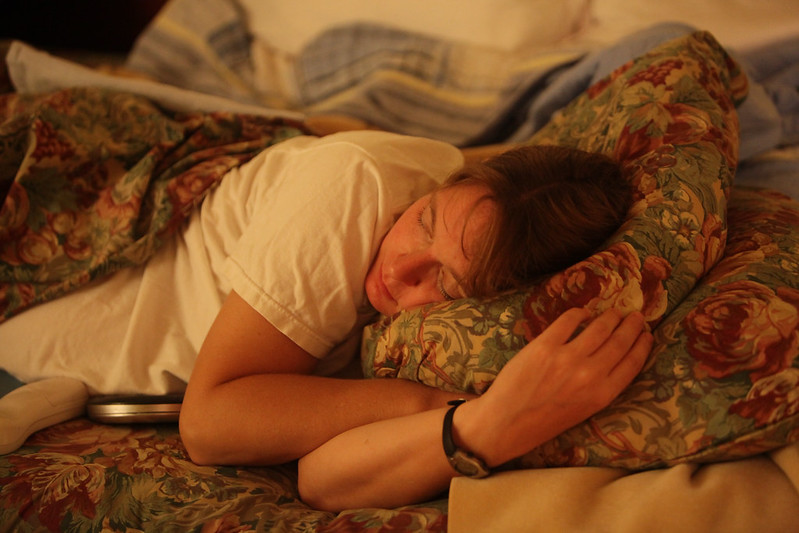
BRATISLAVA, 29 October 2020. Slovak non-governmental organisations Občan, demokracia a zodpovednosť (Citizen, Democracy and Accountability (CDA)) and Ženské kruhy (Women’s Circles) warn of the increasing number of violations of the human rights of women and newborns in childbirth in Slovak hospitals during the current pandemic crisis. The separation of mothers from their newborns is one of the most severe forms of these violations. The organisations urgently stress that healthcare facilities and the state must ensure that childbirth care is provided in compliance with human rights and medical standards even in this complicated situation.
CDA and Women’s Circles had already warned of the deteriorating situation with respect to the violations of the rights of women and children in birthing facilities during the first wave of the pandemic. The same was observed in the second wave as well. “For example, newborn babies continue to be separated from their mothers, and this practice gets even worse if the woman giving birth has tested positive for COVID-19 or shows its typical symptoms. In a number of cases, women with COVID-19 have been discharged from hospital the next day after giving birth, but their babies remained in the hospital without any contact with their mothers whatsoever. There are also cases where parents have no contact with their infants kept at intensive care units for several days or even weeks. The pictures the hospital staff are sending to parents via mobile phones are a poor compensation for the lack of contact and cannot substitute for the missing close parent-infant bond,” says Miroslava Rašmanová of Women’s Circles.
According to the World Health Organization (WHO), even new mothers with confirmed or suspected COVID-19 should be supported in practicing skin-to-skin contact immediately after childbirth, in breastfeeding, and in sharing a room with their babies for 24 hours a day. Confirmed or suspected COVID-19 infection should not be considered a reason to preventively separate mothers from their babies and not breastfeed them. According to the WHO, health risks associated with the separation and no breastfeeding exceed the health risks of newborns being infected by the coronavirus. Including with respect to the pandemic, WHO has emphasised that all women, including those with COVID-19 or its symptoms, have the right to a positive childbirth experience.
“It’s extremely alarming to see the Ministry of Health making public statements about the possibility of a longer separation of newborns from their mothers with COVID-19. Just as no one would think of taking older children from their parents who have tested positive, there are no legal grounds that could justify this kind of practice in the case of newborns. Moreover, separating mothers from their newborn babies constitutes cruel and inhuman treatment under international law,” explains Janka Debrecéniová of CDA.
CDA and Women’s Circles note that they also have information about other forms of violations of the rights of women in childbirth during the pandemic. One such violation is the non-compliance with the principle which requires that every medical intervention must only be performed with the free and informed consent of the person concerned. Other violations also include denying the right of women to have a companion of choice present during childbirth by some hospitals or making the accompaniment conditional upon presenting a negative test for COVID-19 procured by the companion, or upon purchasing hygienic packages from hospitals. Debrecéniová emphasises that such practice is again in conflict both with the women’s fundamental rights in childbirth and with the WHO recommendations for the time of the pandemic. In addition, it is especially discriminatory against women from socially disadvantaged backgrounds because having a most recent PCR test always available is neither cheap nor logistically simple.
The organisations note that they are fully aware of the fact that the current situation regarding the pandemic is grave and that the hospitals and their staff must operate under extremely difficult conditions. “The recent monitoring undertaken jointly by our organisations – whose results will be published in the next few weeks – has shown that women understand the need for measures to counter the pandemic, they follow them voluntarily and largely proactively. However, the severity of the situation requires that more effort is also invested in improving communication and building the sense of safety and trust by the medical personnel because, at the end of the day, it may benefit the healthcare professionals, too,” concludes Rašmanová.


